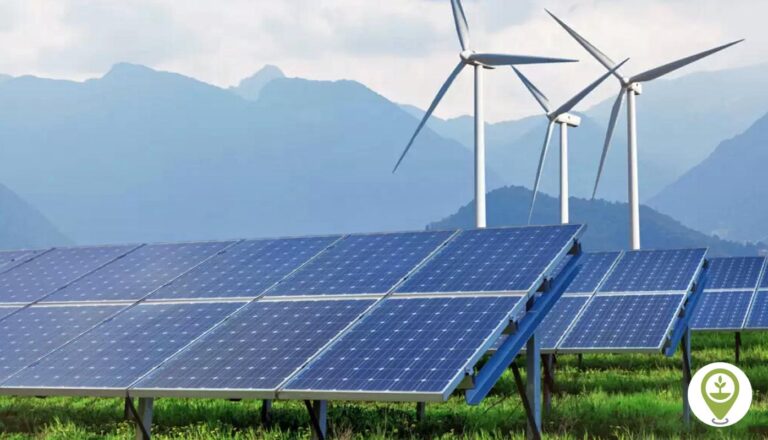Renewable Energy in Vanuatu
Vanuatu, a picturesque archipelago in the South Pacific, is making significant strides in renewable energy. The country is heavily reliant on energy imports, but advancements in sustainable technology are changing the landscape.
The Importance of Renewable Energy
Transitioning to renewable energy sources is crucial for Vanuatu’s development and sustainability. The nation faces unique challenges, including vulnerability to climate change, making the shift away from fossil fuels more urgent.
Current Renewable Energy Sources
Vanuatu has abundant natural resources, including sunlight, wind, and biomass. As a result, solar and wind energy projects are becoming increasingly popular across the islands.
Solar Energy Initiatives
Solar energy is particularly promising for Vanuatu due to its high levels of sunlight. Several solar initiatives, supported by local and international organizations, have been launched to provide electricity to remote communities.
Wind Energy Potential
The wind energy potential in Vanuatu has also garnered attention. Several studies have been conducted to assess viable locations for wind farms, which could further diversify the country’s energy portfolio.
Challenges and Barriers
Despite the promising developments, Vanuatu faces challenges in its renewable energy transition. Issues such as financing, infrastructure, and technical expertise need to be addressed to ensure sustainable energy practices can be implemented effectively.
Future Prospects and Global Support
The future of renewable energy in Vanuatu looks hopeful with growing global support. International partnerships and funding opportunities are essential for propelling the nation toward its renewable energy goals, as detailed in this article on renewable energy in Vanuatu.
Conclusion
With a commitment to embracing renewable energy, Vanuatu aims to become a leader in sustainable development. The island nation’s efforts illustrate the power of innovation in creating a greener future for the Pacific region.

